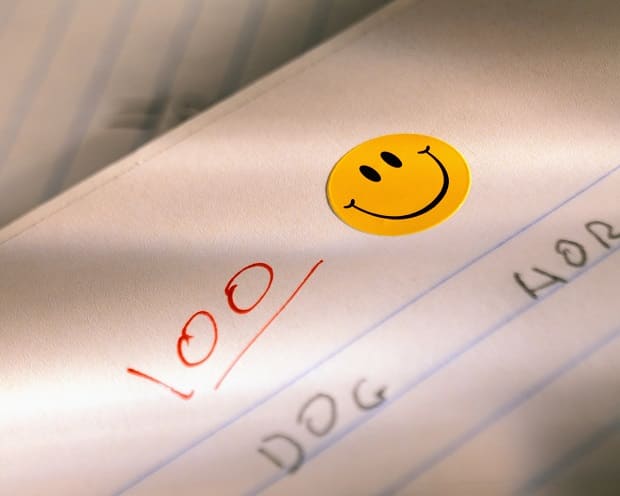Accreditation for tutors in Australia will ensure better standards of educational accountability

One of the most common inquiries to the Australian Tutoring Association (ATA) is what the requirements are for becoming a tutor. It is heartening that many prospective tutors are keen to know what, if any, standards apply in regards to entry into the industry.
The nature of tutoring is such that it straddles two seemingly opposing areas of human endeavour. On the one hand, it is commercial in nature, and therefore commercial rules apply. In the alternative, tutoring is about education and educational accountability. These two; the commercial and the educational, overlap in tutoring in a way that causes a unique set of issues. Consider the issue of plagiarism, for example.
Plagiarism, in an educational sense, is defined as the passing off of another’s work as one’s own, without authorisation to do so. The educational definition focuses on the nature of the creator of the work and their relationship to that intellectual property. It seeks to ensure that the owner is rewarded for their endeavours, and that personal effort is valued. A commercial view of plagiarism, as it relates to tutoring, would look at the nature of dependency. If a tutor does the work of a student, the student becomes more dependent. In this context, plagiarism generates income and entrenches weakness in the student. The tutor is the ‘paid help’ actually weakening, rather than strengthening the recipient. Therefore, if the issue of dependence was included in the definition of plagiarism, any problem arising from how commerce affects tutoring could be addressed effectively.
In this example, it can be seen that tutoring creates a particular set of dynamics that present problems for commercial regulators and also educational administrators. However, experience around the world has shown that regulating the private tutoring market can be fraught with difficulties. For example, an outright ban on private tutoring in Egypt failed when the black market for private tutors flourished. Similarly, a proposed ban by the Turkish government has been modified in the light of huge opposition from families and educational advocates.
How then can the growing domestic and global market for private tutoring be best managed? The current arrangement in Australia is a model of self-regulation. Self-regulation requires an industry to demonstrate maturity in that the industry itself is prepared to benchmark best practise and to hold practitioners accountable to such standards.
There are five important features of successful self-regulation
- The presence of a peak representative body
- The creation of a code of ethics or code of conduct by the peak body and applicable to the membership particularly and the industry more broadly. The code should also have a regime for sanctions or penalties than can be imposed on providers who breach it
- The creation of a vehicle for the settlement of disputes arising between practitioners and clients and practitioners themselves
- A form of accreditation that acts as an entry mechanism and a means by which standards can be set and improved over time
- Recognition by government of the peak body and its standards
To date, the missing piece in Australia, and one which is essential for responsible self-regulation, is that of a viable and rigorous accreditation for tutors. How embarrassing when prospective tutors are told that, “at present in Australia there is no entry criteria other than an operator abide by the relevant commercial and child protection laws”.
Self-regulation demands that each of the five features be present. In Australia four are met, but accreditation is not. So it is time to test the tutors. Disclosure is an essential element of the test. That is, a tutor should be honest and upfront about the exact and specific nature of their skills, experience and qualifications. The term qualified tutor is meaningless without such a disclosure requirement.
It is time for Australian tutors to embrace an industry-based accreditation. Globally, only two nations have a form of accreditation for tutors: the USA and Germany. The model in the USA is cumbersome and at present a very small proportion of tutors (estimated at less than 0.5%), have become accredited. In Germany the model is based on ISO9000 and is so rigorous and expensive that it has not been embraced by the industry. Only 30 businesses out of 4,000 comply (or 0.75%).
The characteristics of relevant accreditation for Australian tutors should be that content and skills reflect local experience and match the aspirations of a best practice code. Included in such an accreditation should be compulsory national police background checks. This would overcome the present ad hoc situation of a lack of uniform national laws in regards to child protection.
With regards to knowledge, skills and abilities, teachers who tutor should be recognised for their prior knowledge and experience.
Finally, an accreditation should have both core and optional units to ensure minimum levels of qualification, as well as a capacity to specialise. Such a model allows for continuing professional development (CPD).
Tutors need to be put to the test and national standards raised. In this way, children and their families are better respected, and outcomes for tutoring are raised. The industry needs to demonstrate this responsibility and maturity.




